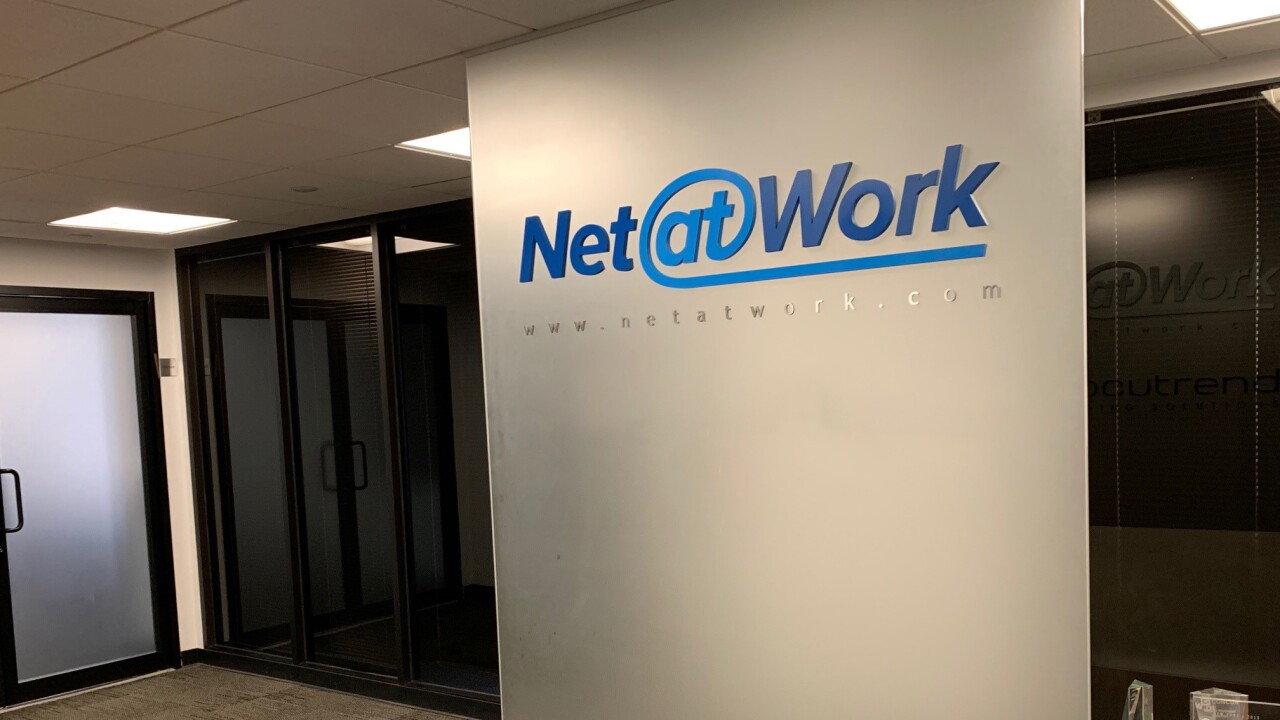The Tax Cuts and Jobs Act is forcing some multinational companies to reconsider how they are hiring and assigning employees to work in locations around the world.
PricewaterhouseCoopers recently polled the listeners on one of its webcasts and found that 30 percent of the 2,318 participants indicated they are either in the process or have already reviewed the mobility policies at their organizations based on the new tax law and made changes.
“Everyone is trying to understand what the cost implications are,” said Eileen Mullaney, a partner at PwC who leads the firm’s Global Mobility Consulting practice. “When people look at their mobility programs, there are generally two components: international and domestic. Depending on the demographics of your international component, tax reform may or may not have a huge impact because there may not be a lot of people from the U.S. on assignment. It’s really the domestic programs that companies are focused on, purely from a cost perspective, because now what has become taxable is far more than it was before.”
Many expense items that had been nontaxable under the old tax code are now taxable under the Tax Cuts and Jobs Act. Not only did the new tax law eliminate the moving expense deduction for individuals, but it will also have an impact on what companies can write off.
“Companies are really thinking about what the increase to their costs are going to be,” said Mullaney. “More and more companies are saying, ‘Wait a second, I need to kind of take a time out here and pause a little bit. Do I need to structure my relocation programs the same way I always have and just accept this additional cost?’ Meaning everything being taxable and grossing it up, or is this an opportunity? I think many of my more sophisticated clients are using this as an opportunity to go back and review their domestic programs, looking at how their policies are structured, what’s going to be grossed up and what isn’t. More importantly, what is this relocation strategy that they have? Why are they moving people and for what purpose?”
That can have an impact on moving expenses and more.
“It’s things like household goods shipment,” said Mullaney. “Where it was not taxable, now it is taxable. That’s a huge component of the moving costs, to move a family from point A to point B. If companies just leave their policies as is and don’t make any changes to the policy or structure of the program, or even the number of people that they move in a year, they will have a significant cost increase.”
PwC is working with clients who are reconsidering both their domestic and international relocation programs. “At the foundation of this, why are you moving people?” said Mullaney. “Who are you moving and for what purpose? It’s really about making sure there’s a strategy behind relocation. In the past that strategy was very focused on international assignments, but not necessarily around domestic relocation.”
The new tax law encourages U.S.-based multinational companies to repatriate more of the profits they have been holding abroad in deferred taxes and bring the money back to the U.S. at reduced tax rates. That too could have implications for the mobile workforce globally, although Mullaney has not been seeing that factor as much for her clients.
“From the mobility perspective, we’re not seeing too many changes purely on the international assignment program related to tax reform,” said Mullaney. “Tax equalization costs could be going up slightly, depending on the demographics. For most U.S. companies who are truly global, the percentage of U.S. assignees in their assignment program tends to be about 20 percent or less. For many companies it’s not the majority of people that they’re moving around the world. The impact of tax reform is much smaller on their international assignment programs.”
In some ways, the changes in the tax code could help employees who are working abroad avoid problems with foreign bank account reports, or FBARs, and the Foreign Account Tax Compliance Act, also known as FATCA. That may encourage more companies to hire employees who actually come from the countries where they operate. Still, companies have long seen advantages in giving their employees the opportunity to work abroad and gain familiarity with business practices in other jurisdictions.
“The talent pool has become global,” said Mullaney. “For U.S. companies, it’s not just about moving U.S. talent overseas to get experience, but it’s about moving talent everywhere to get the right experience. Maybe 15 or 20 years ago it was very typical for a U.S.-based company to have 80 percent of their assignees be from the U.S. Because the talent pool has become so global and so diverse, now we’re seeing it’s less than 20 percent of people that U.S.-based companies are moving from the U.S. It’s quite a significant change, but tax is not really the driver there. The impact of tax reform on those truly global programs is far less because it’s only impacting a portion of the population as opposed to the whole population.”
The crackdown on immigration in the U.S. and some other countries is also bound to have an impact on global mobility.
“What’s we’ve seen overall is the regulatory environment, particularly for immigration, is making it more and more difficult for employers to have people get into the country quickly,” said Mullaney. “Immigration has certainly become more restrictive. Immigration has definitely become more nationalistic versus global. That again is a huge challenge for companies. They just have to plan much better about who they want to move and when because the immigration timelines and requirements have become much more rigorous than in the past. They’re not going to be able to fast track immigration in many parts of the world. It’s just not possible.”
U.S. companies are finding it harder to procure H-1B visas for foreign employees, for example. “Nothing is guaranteed,” said Mullaney. “I think all mobility needs to be planned, and people need to be much more proactive about it.”
While it may seem simpler to just hire locally instead of sourcing talent from abroad, many companies need to turn to people with skills they have acquired in other countries and familiarity with how those jurisdictions operate. “The challenge is to balance how you want to develop your global workforce to build future plans, but also being mindful of how challenging immigration compliance can be and the cost of mobility,” said Mullaney. “Overall what we have seen is the numbers of people who are willing to move around the world for these assignments has become less, not more, because of all of those factors.”
Temporary assignments and quick trips abroad can help fill the gaps. “We’re seeing a lot of companies focus on different types of business travel, frequent business travel, as a way to meet the business requirements and also as a way to give people global experiences, and not necessarily everyone moving for two or three years to a foreign location,” said Mullaney. “Availability of global talent, cost issues and immigration requirements can be challenging. What it’s forcing companies to do is to be much more thoughtful and proactive in what are they trying to accomplish with mobility, what are they actually using it for, and then how to plan.”
The new tax law will prompt many companies to take a fresh look at their mobility, hiring and travel policies to find the best combination. “Tax reform is going to give people opportunities to really look at their policies and do something different,” said Mullaney. “I think we’re going to see less structured programs and more creative approaches because there’s not going to be a requirement to put everything in the buckets we have in the past, which was purely tax driven, and allow companies to be much more focused on the policy design without a tax impact.”






